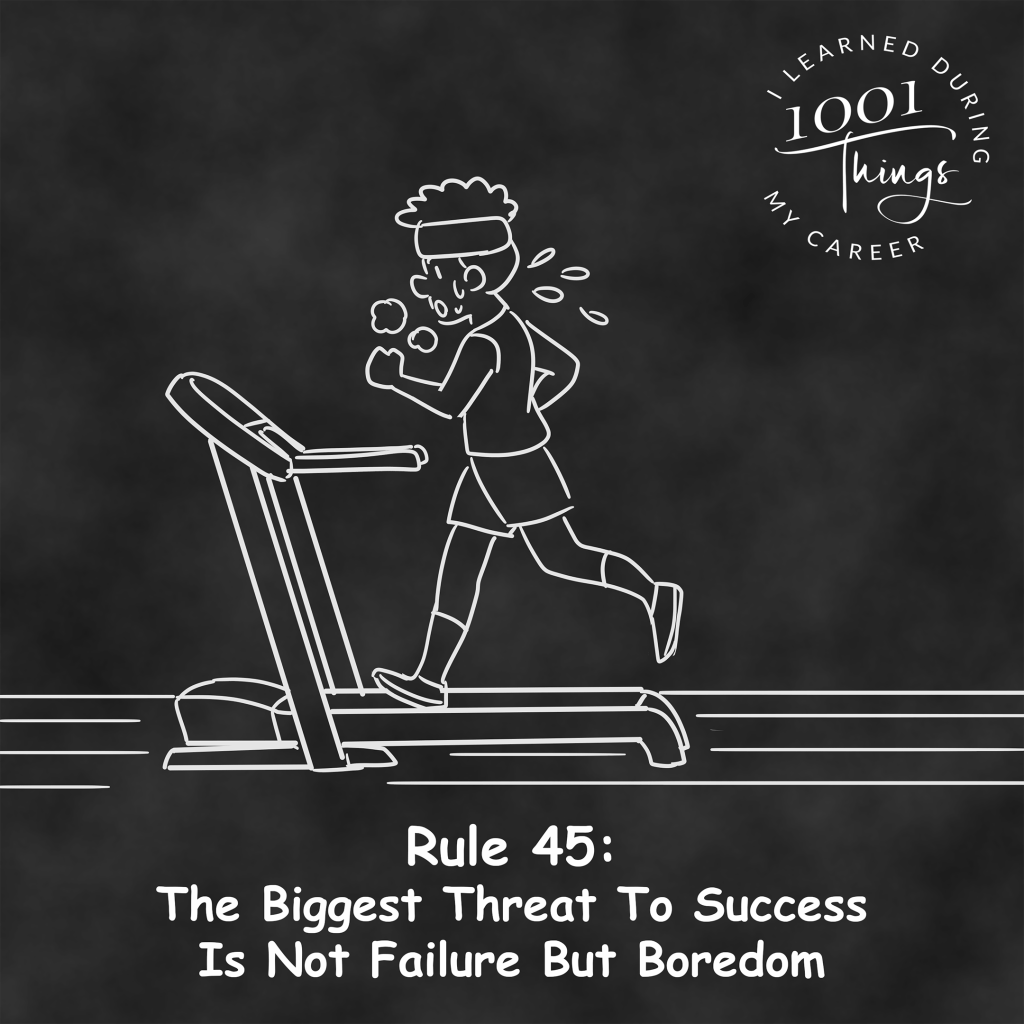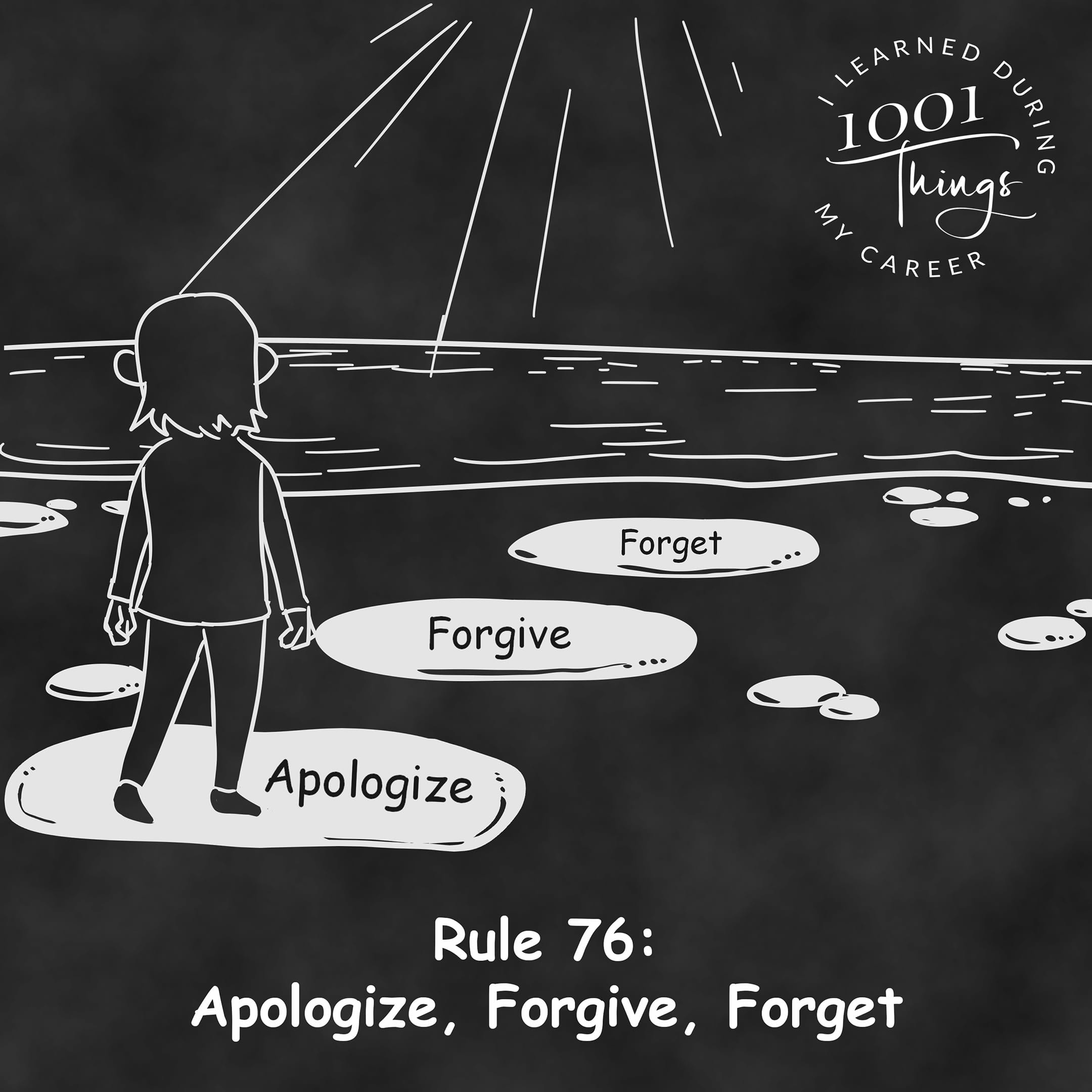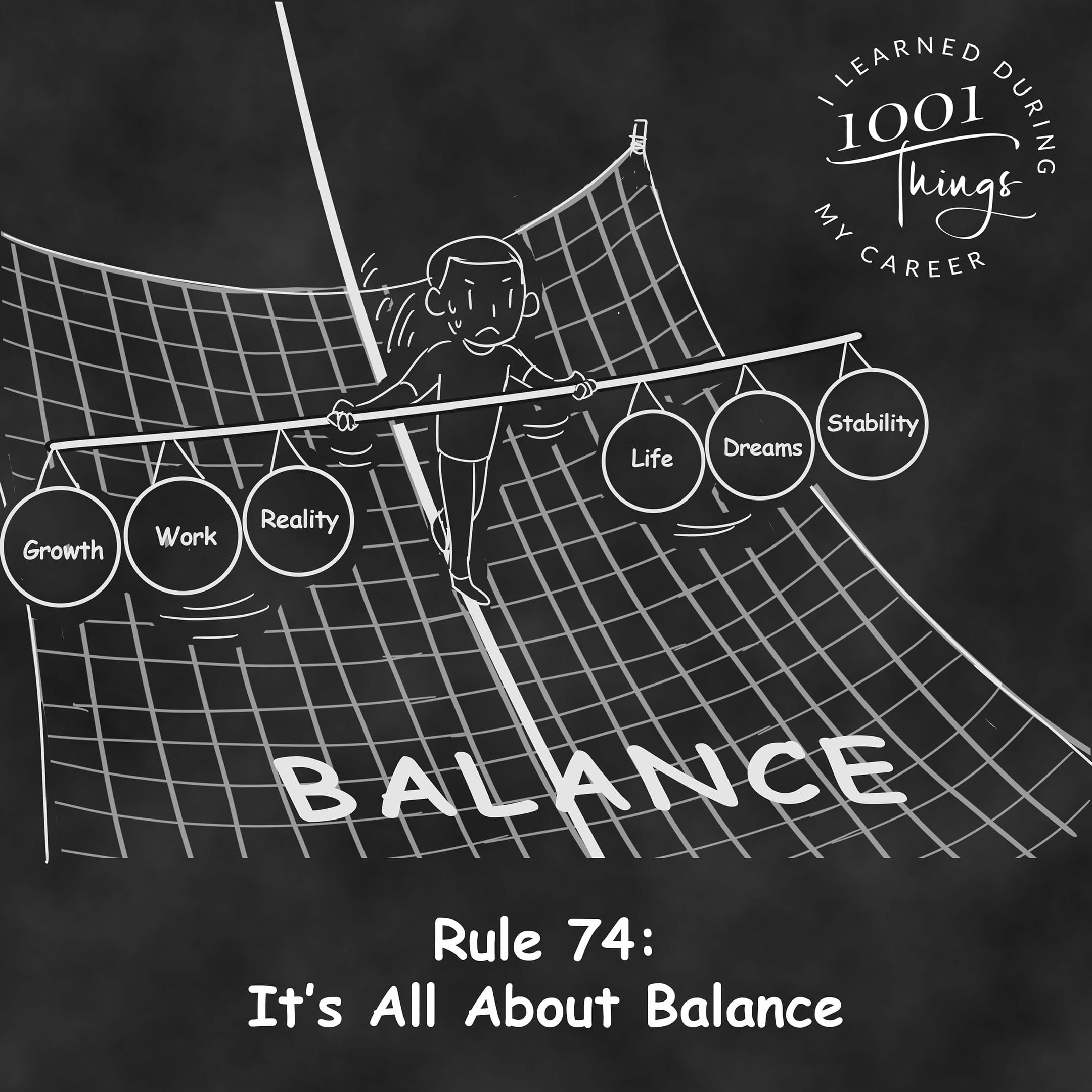Do you know why Michael Phelps and Roger Federer reached the very top of their respective games and stayed there for many years? What sets Usain Bolt apart from the rest of the pack? True champions know how to deal with boredom!
Michael Phelps trained six hours a day, six days a week, without missing a single session for over five years – including birthdays, holidays, and even Christmas. He swam approximately 80 kilometers every week, perfecting the same strokes, turns, and breathing techniques thousands of times. What made him exceptional wasn’t just talent – it was his ability to mentally endure the crushing monotony of training when nobody was watching and nothing seemed to change.
Roger Federer made tennis look effortless – but behind that grace was a staggering volume of repetitive drills: Federer was known for hitting the same shot hundreds of times in a single session, adjusting grip, angle, or footwork by the tiniest margins. Even after winning multiple Grand Slams, he kept refining basics like his backhand slice or serve placement. His greatness was built not on novelty, but on mastery of the familiar.
Usain Bolt famously said, “I trained 4 years to run 9 seconds.” His explosive performances were the result of endless drills, strength routines, starts, sprints, and technique refinement. For every world-record moment, there were thousands of repetitive training runs. The brilliance of Bolt wasn’t just in his natural speed – it was in his commitment to the same motions, again and again, for years, just to shave milliseconds off his time.
The same principle applies to your everyday life: whether it’s learning a new language, mastering a dance routine, or acquiring a new skill at work, the moment will inevitably come when you feel you’ve done it long enough, and it just gets boring. It’s in these decisive moments that true champions continue improving, pushing through endless stretches of seemingly mundane exercises to reach the very top.
The ability to tolerate boredom is what separates the best from the rest. It’s about understanding that progress only happens in small, incremental steps, and that true excellence requires a willingness to embrace the mundane aspects of practice. So, the next time you find yourself bored with your routine, remember: if Phelps, Federer, and Bolt can do it, so can you!





